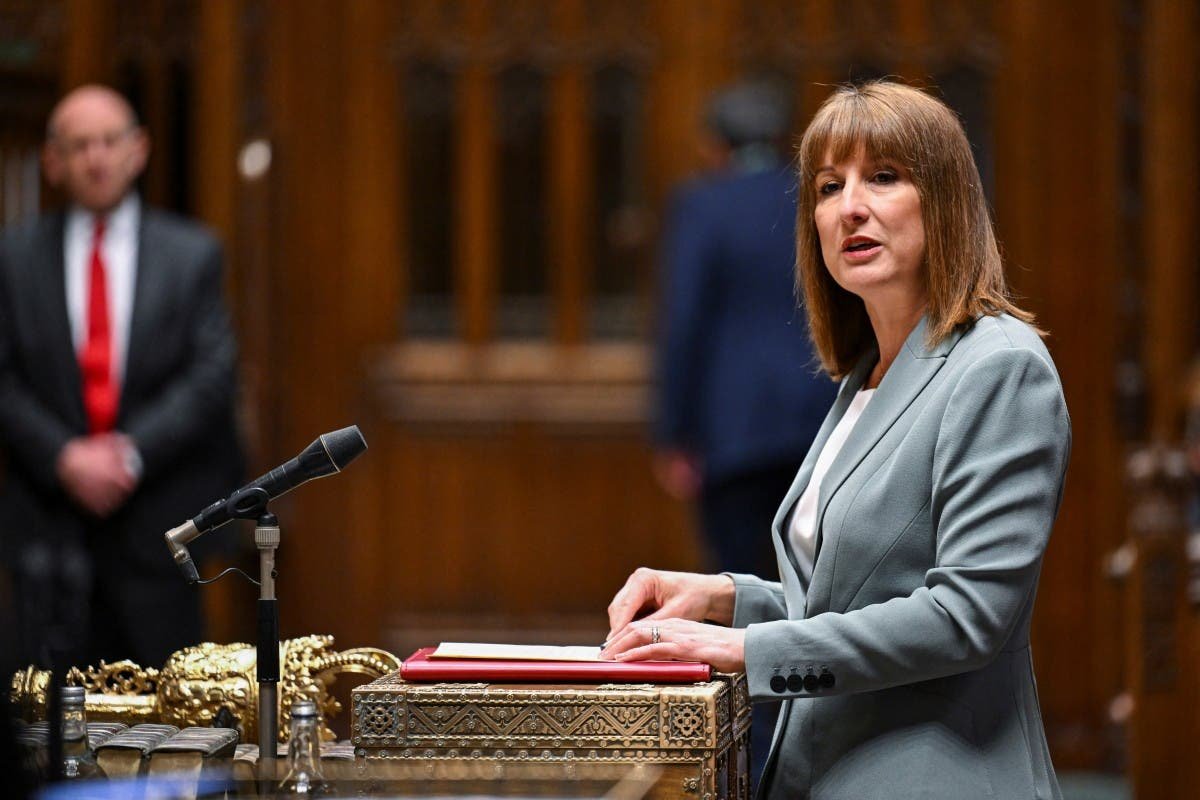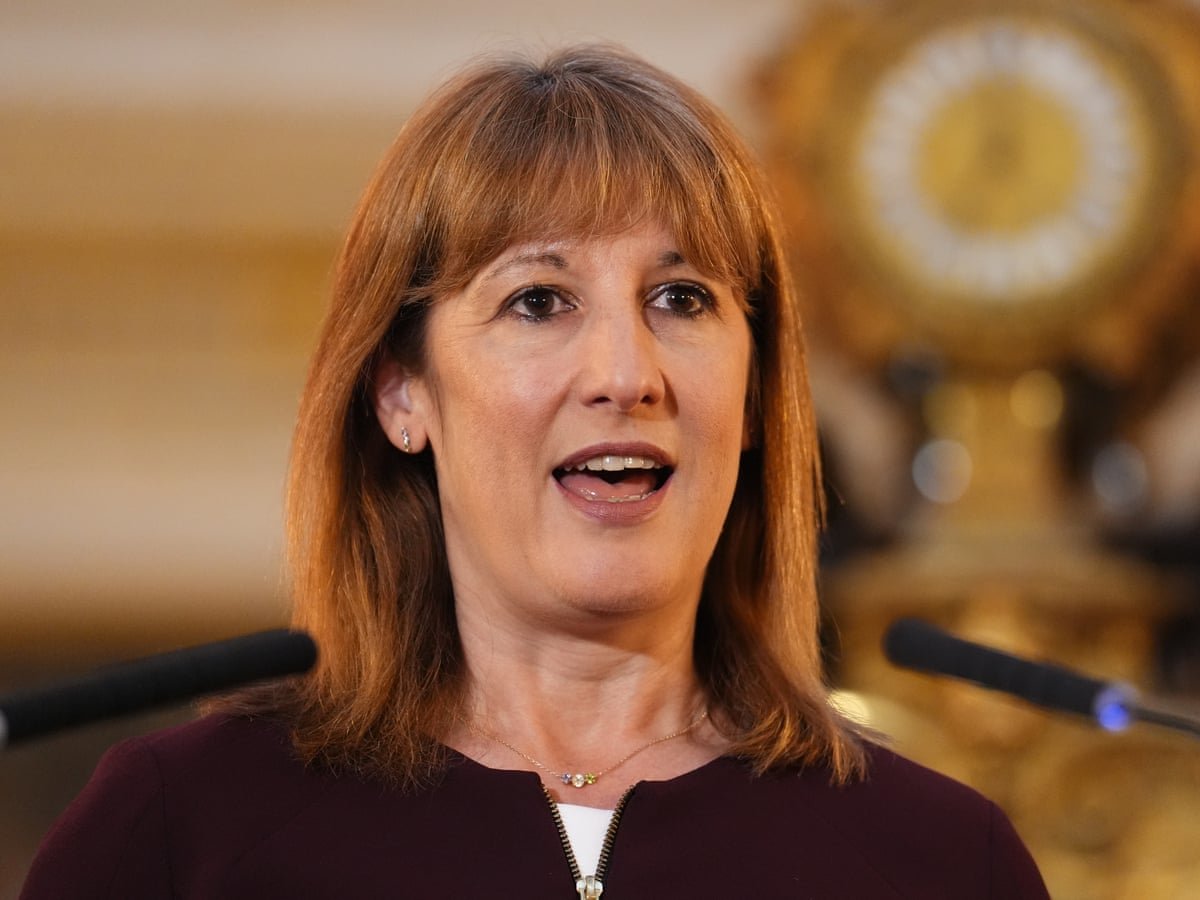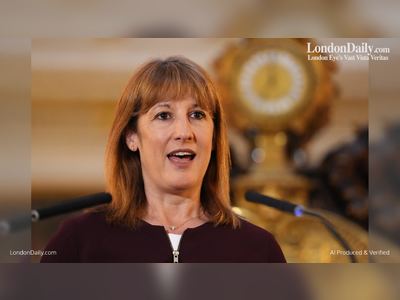UK Chancellor Rachel Reeves Optimistic of Gulf Trade Deal ‘Very Soon’
Visit to Saudi Arabia marks push for pact with Gulf Cooperation Council amid UK’s growth agenda
Chancellor Rachel Reeves declared she was “really confident” a trade agreement with the Gulf Cooperation Council (GCC) could be secured “very soon” after productive meetings in Riyadh.
The UK delegation’s visit represents the first time in six years a British chancellor has travelled to the region with full trade-mission backing.
While in Saudi Arabia for the flagship Future Investment Initiative forum, Reeves met counterparts from Bahrain, Kuwait and Qatar as part of wide-ranging talks on goods, services and investment.
She emphasised that the UK’s “number one priority is growth” and positioned Britain as offering “stability, regulatory agility and world-class expertise” to the Gulf market.
Officials estimate a finalised deal could add around £1.6 billion annually to UK economic output — equivalent to roughly 0.06 per cent of gross domestic product — and raise UK workers’ annual wages by some £600 million in the long term.
The agreement is at least a decade in the making, and both sides acknowledge significant work remains in supply chains, services access and legal safeguards.
As the UK prepares for its November Budget, Reeves is seeking to convince the official forecaster, the Office for Budget Responsibility, to recognise the economic lift from such global trade measures and thus reduce pressure on tax rises or spending cuts.
Despite the optimism, some officials note that final agreement during the two-day Gulf visit would be “surprising,” owing to longstanding technical and regulatory hurdles.
The mission also follows last year’s visit by Prime Minister Keir Starmer to Saudi Arabia and the United Arab Emirates, signalling deeper Anglo-Gulf strategic engagement beyond energy and sovereign-fund investment.
Reeves insisted she would be “honest over areas of divergence and cultural differences” during the talks, acknowledging that trade and human-rights issues remain part of the broader framework of bilateral engagement.
The UK delegation’s visit represents the first time in six years a British chancellor has travelled to the region with full trade-mission backing.
While in Saudi Arabia for the flagship Future Investment Initiative forum, Reeves met counterparts from Bahrain, Kuwait and Qatar as part of wide-ranging talks on goods, services and investment.
She emphasised that the UK’s “number one priority is growth” and positioned Britain as offering “stability, regulatory agility and world-class expertise” to the Gulf market.
Officials estimate a finalised deal could add around £1.6 billion annually to UK economic output — equivalent to roughly 0.06 per cent of gross domestic product — and raise UK workers’ annual wages by some £600 million in the long term.
The agreement is at least a decade in the making, and both sides acknowledge significant work remains in supply chains, services access and legal safeguards.
As the UK prepares for its November Budget, Reeves is seeking to convince the official forecaster, the Office for Budget Responsibility, to recognise the economic lift from such global trade measures and thus reduce pressure on tax rises or spending cuts.
Despite the optimism, some officials note that final agreement during the two-day Gulf visit would be “surprising,” owing to longstanding technical and regulatory hurdles.
The mission also follows last year’s visit by Prime Minister Keir Starmer to Saudi Arabia and the United Arab Emirates, signalling deeper Anglo-Gulf strategic engagement beyond energy and sovereign-fund investment.
Reeves insisted she would be “honest over areas of divergence and cultural differences” during the talks, acknowledging that trade and human-rights issues remain part of the broader framework of bilateral engagement.











